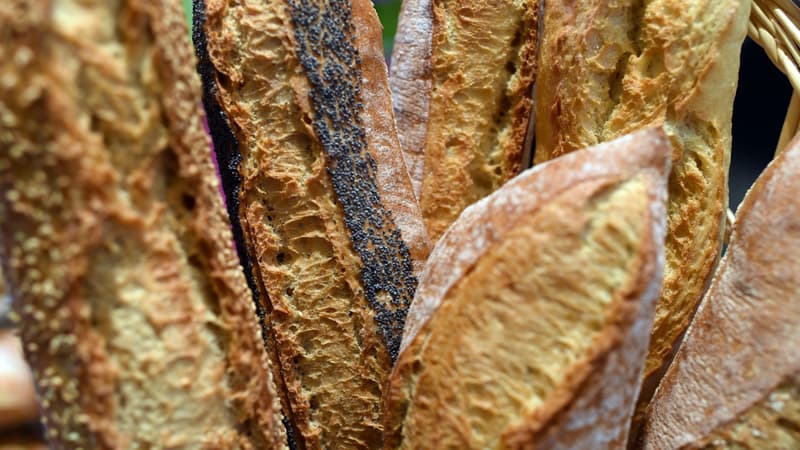The equation is known. Between the explosion of energy prices and of raw materials such as wheat and butter after the Russian invasion of Ukraine, bread is at the forefront of inflation.
In one year, the increase in its price in the European Union is double digits: +18% in August, according to Eurostat data. Remember that Russia and Ukraine are major exporters of cereals, wheat, corn, oilseeds (particularly sunflower) and fertilizers. What to turn on the courses.
This historical outbreak obviously masks disparities. In Hungary, the annual increase exceeds 66%. And in many Eastern countries like Lithuania, Poland, Croatia, Estonia, it exceeds 30%.
In France, where general inflation is more controlled than in the rest of Europe, the rise in the price of bread is more contained: +8.2%. Only Norway and Switzerland do better with +8.1% and +3.9%.
Towards increases of 20 to 30% in France next year?
Many French bakeries, mainly artisans, can benefit from regulated tariffs and, therefore, from the tariff shield on energy bills.
But there is concern. “Imagining the worst, with invoices multiplied by 10, there may be a 20 to 30% increase, not only for the baguette, but for all the products, otherwise the companies will not pass. It will not happen at the same price, so we are really very worried”, explained a few days ago to our colleagues at RMC, Dominique Anract, baker and president of the National Confederation of French Bakery and Pastry (CNBPF).
In the rest of Western Europe, the most significant increase occurs in Germany (+17.5%) ahead of Spain (+15.2%), Denmark and Portugal (+15%).
Source: BFM TV


